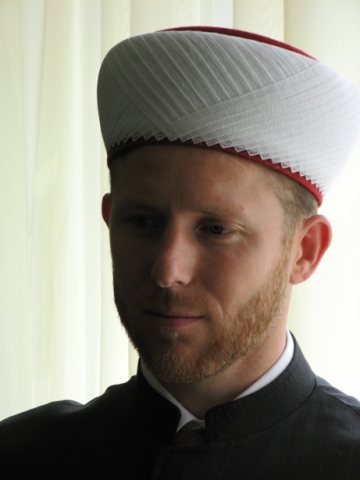«KyivPost», 18.01.2011
In the last week alone, new translations of the meaning of the Koran have appeared in both Hungarian and Ukrainian, and in many countries, including Turkey and the Russian Federation, there are now multiple translations, often fundamentally different one from another.
But because Islamic doctrine holds that the Koran itself exists only in Arabic and that all translations are at best an approximation, few Muslim leaders have addressed the issue of how to deal with the fact that almost four out of every five Muslims in the world do not know Arabic and thus must rely either on translations or the commentary of others.
Even discussing this issue is difficult for Muslims both because translations entail the risk of change in the Koran’s meaning, something anathema to most Muslims and because Muslim leaders are aware that putting their basic text in the vernacular could affect Islam in the same way that German and English translations of the Vulgate Bible affected Western Christianity.
But now Mufti Said Ismagilov, the head of the Muslim Spiritual Directorate (MSD) of Ukraine, has suggested that the faithful in his country need “a canonical translation of the meanings of the Holy Koran,” an obvious step toward acceptance of a translation of the Koran in each language as authoritative.
Ismagilov’s comments are a reaction to a Ukrainian translation of a Russian version of the Koran, a translation the mufti says forces him to note that “both the scholarly community and the Muslims of our country need a canonical translation of the meanings of the Koran, made from the language of the original and corresponding to the demands of the Islamic tradition.”
As Ismagilov points out, “it is not enough simply to know the Arabic language well and to know the specific language that its ayats must be rendered into. Koranica Arabic is itself a unique phenomenon in Arabic philology itself to the point that it is a separate trend within Arabic.”
“In view of the extraordinary complexity and sacral nature,” the mufti continues, “the Koran for a long time was forbidden to be translated into other languages.
Later, in order to allow an acquaintance with the meanings of the Holy Writing of Islam by those peoples who do not know Arabic, Islamic theology began to allow the possibility of translations.”
But in order to make such a translation, the Ukrainian MSD head says, “it is considered insufficient to be a linguist and translator.” Instead one must be a specialist in a whole group of Shariat fields.” Because of that requirement, most translations have been the work not of individual scholars but of editorial groups.
A decade ago, the MSD of Ukraine together with the All-Ukraine Al-Raid Association of Public Organizations began the process of translating the Koran into Ukrainian.
The first four suras were translated and published in 2002. That translation, which is still not done, will be “canonical” and authoritative. Unfortunately, the latest one from Russian is not.
The original article on «Kyiv Post» site
Related publications on «Kyiv Post» site:
Muslim women navigate cultural, religious divides with beliefs intact



